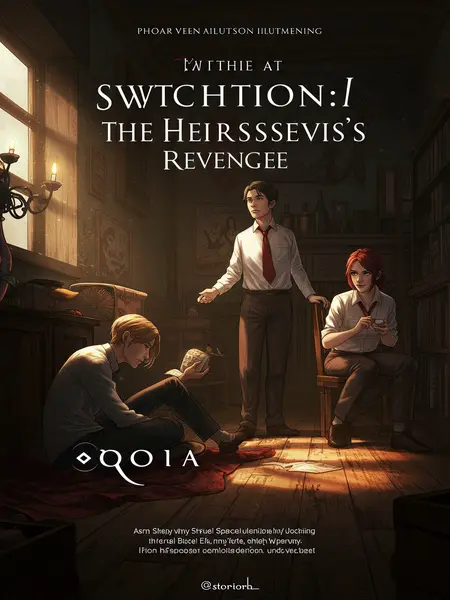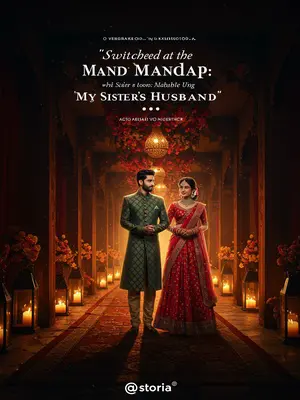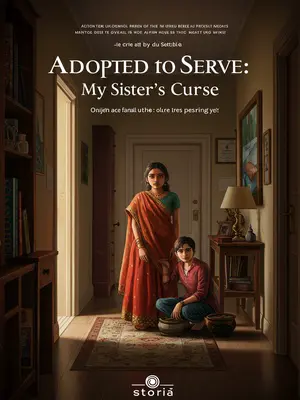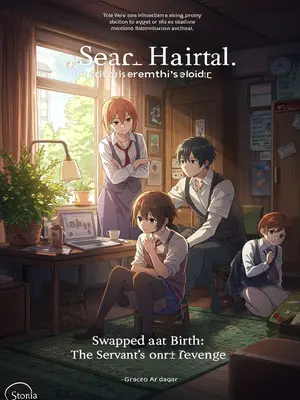Chapter 1: A Day Reborn
In my previous life, my younger sister was adopted by a wealthy family, while I was taken in by a school peon.
That morning, the orphanage smelled of Dettol and overripe bananas. My sister’s hand slipped from mine, and I knew we’d never walk the same path again. As the words replayed in my mind, I could almost hear the faint bell of the local temple outside the orphanage—distant, persistent. The contrast between our destinies was as stark as the difference between a Diwali-lit bungalow in Malabar Hill and the narrow lanes behind the municipal school where the peon's quarters stood.
Because of this, there was constant fighting within the rich family: the parents were cold and distant, and the brother bullied her. In the end, she left with nothing.
In the Kapoor mansion, their big hall echoed with silence. Maids tiptoed around, never lingering. In the end, my sister’s suitcase was packed in haste, her footsteps muffled by the thick Kashmiri carpet as she left, empty-handed, heart heavy with unspoken grievances.
My own family, on the other hand, was harmonious and close-knit. The young master of the wealthy Kapoor family even fell in love with me—the poor, delicate little white flower. Everything played out just like in a typical TV serial.
There were always smells of masala chai and pressure-cooked dal wafting from the kitchen at the Mehras’. Uncle would return from school with tired eyes, but a smile ready for me. Aunty would save the softest rotis and tuck the blanket tightly at night, murmuring, ‘Khush raho, beta.’
My sister, consumed by hatred, killed me. And so, both of us returned to the day we were adopted.
I never forgot that day: her eyes, red-rimmed, her trembling hands on the steering wheel, as the rain thrashed the windshield outside. ‘Ab sab khatam ho gaya, didi,’ she whispered before everything went black. And now, I found myself waking to the familiar smell of disinfectant and sunbeams slanting through the orphanage windows—reborn.
This time, she rushed ahead and threw herself into the arms of the peon's wife.
‘Didi, this time, it's my turn to be the heroine of the serial.’
She clung to the sari pallu of Aunty Mehra, her eyes bright with hope, not knowing that in real life, the script is never so easy.
But she didn't realise: being the heroine was never about one's background.
In our country, where people judge by surnames and addresses, it’s never so simple. The world doesn’t hand over the heroine’s role to whoever asks first. The heart—and fate—don’t care for these things.













